10 Herbs and Spices for Your Health
They’re not just about adding flavor. Rich in antioxidant, anti-inflammatory, antiviral and antibacterial compounds, herbs and spices have been touted for their health perks since the beginning of time. Here are 10 you should use more of—and how. Full PDF here.
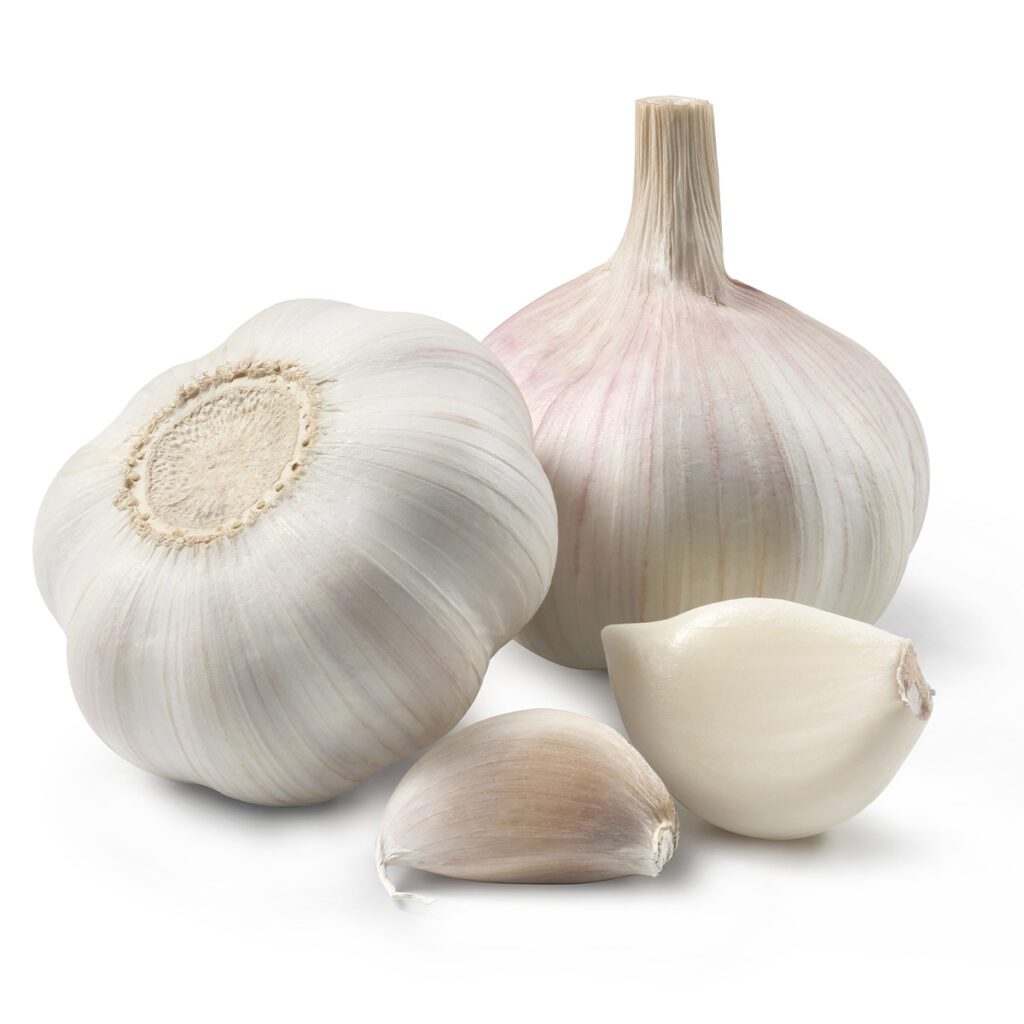
Garlic
Why it’s good: It shows promise for protecting against gastrointestinal and colorectal cancer, and can reduce blood pressure.
How to use it: sauté and add to sauces or pasta, mince and use raw in hummus or salad dressing
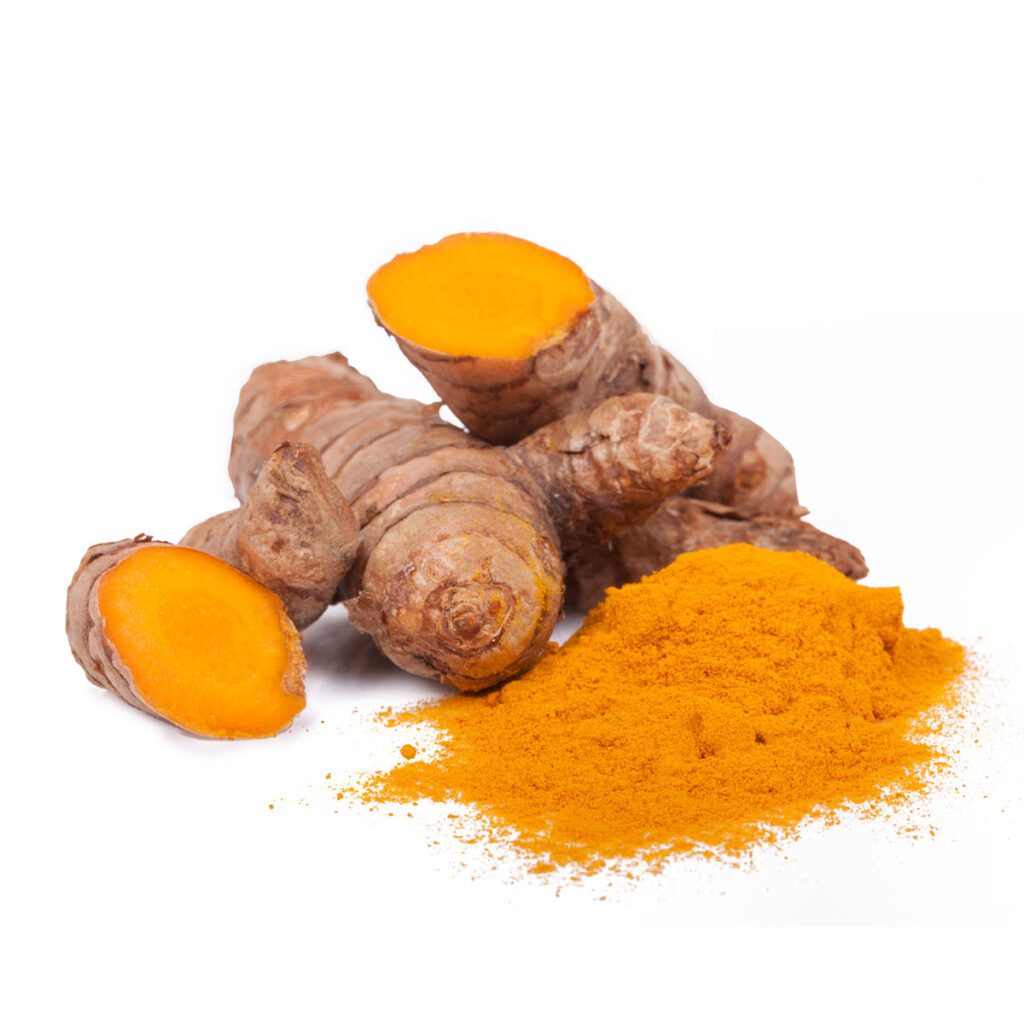

Turmeric
Why it’s good: It works as an anti-inflammatory and antioxidant agent. Some research shows it can improve an upset stomach.
How to use it: Add to curry dishes, egg or chicken salad, soup, or lentil or rice recipes
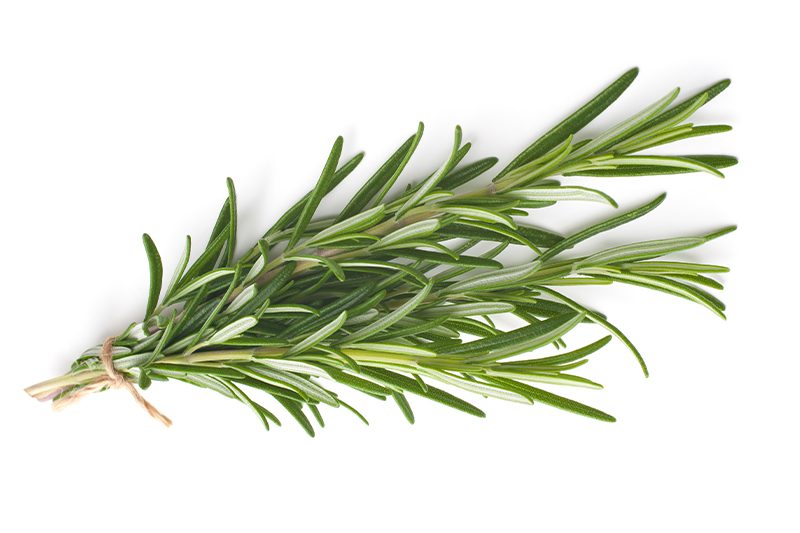

Rosemary
Why it’s good: Many think it increases blood flow to the brain, and it reduces carcinogenic compounds (HCAs) when meat is cooked.
How to use it: Chop and add to potatoes, meat dishes, or frittatas
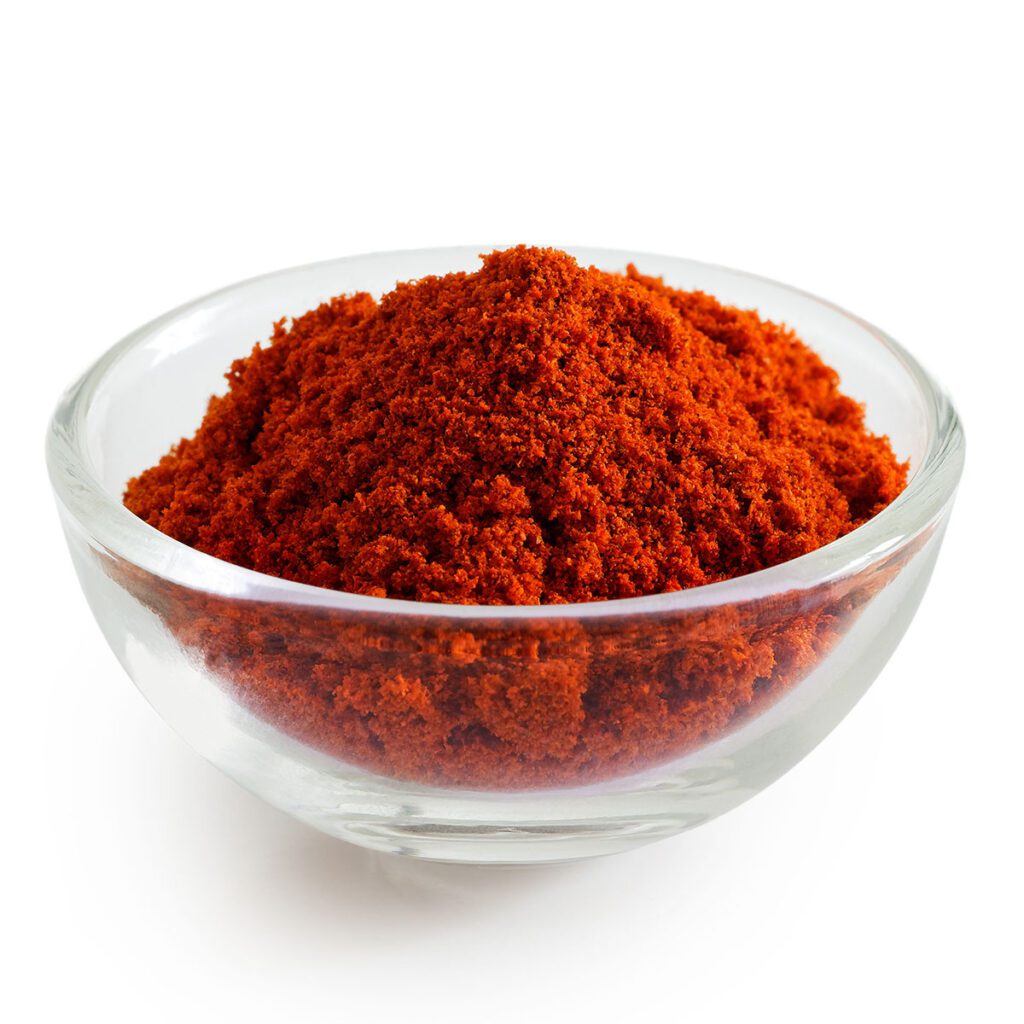

Cayenne Pepper
Why it’s good: Its anti-inflammatory properties can ease arthritic swelling and pain, and stimulate circulation and blood flow to the peripheral areas of the body.
How to use it: Add to paella, ethnic dishes, or any dish that needs a kick; for fun, add to hot chocolate for a contrasting flavor kick


Cinnamon
Why it’s good: It’s a source of manganese, iron and calcium. Some research has found that cassia cinnamon may lower blood sugar in people with diabetes.
How to use it: Add to coffee and lattes, sprinkle on sweet potatoes, cereal, oatmeal, and grilled fruit
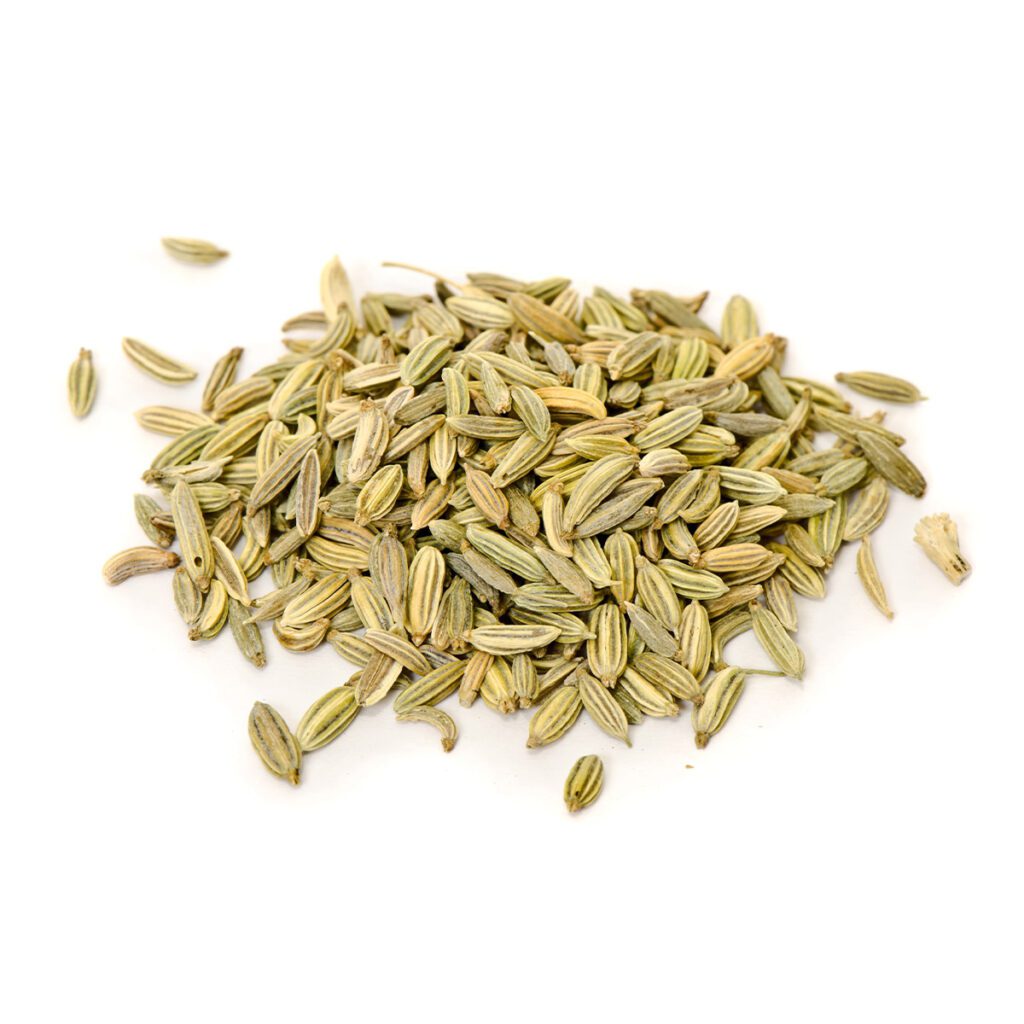

Fennel
Why it’s good: it works as a digestive aid, supports milk production in nursing moms, and may ease colic in infants.
How to use it: Roast and eat plain, braise with meat, add to soups
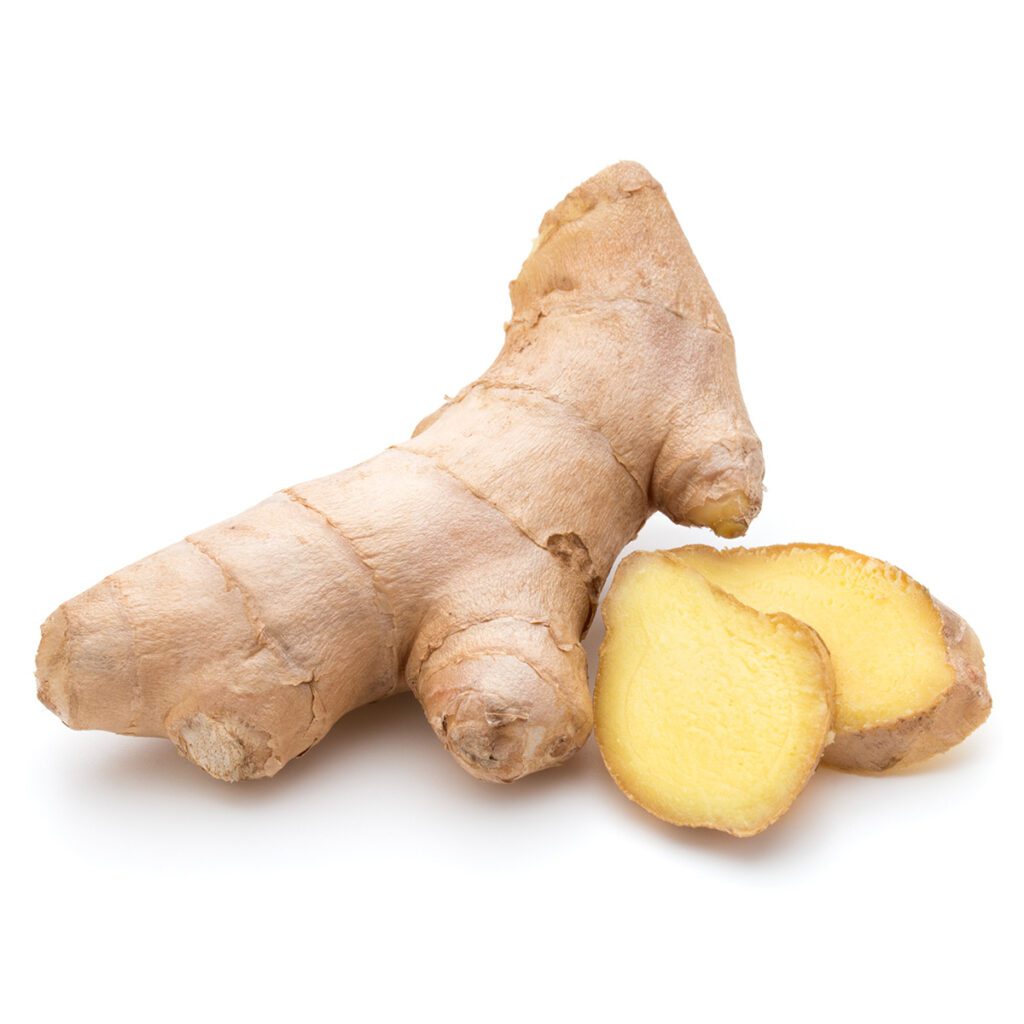

Ginger
Why it’s good: It acts as an anti-inflammatory and circulation booster, and can help with dizziness and upset stomach from motion sickness.
How to use it: Peel, grate and add to stir-fries, carrot soup, marinades, or fresh fruit (especially peaches)
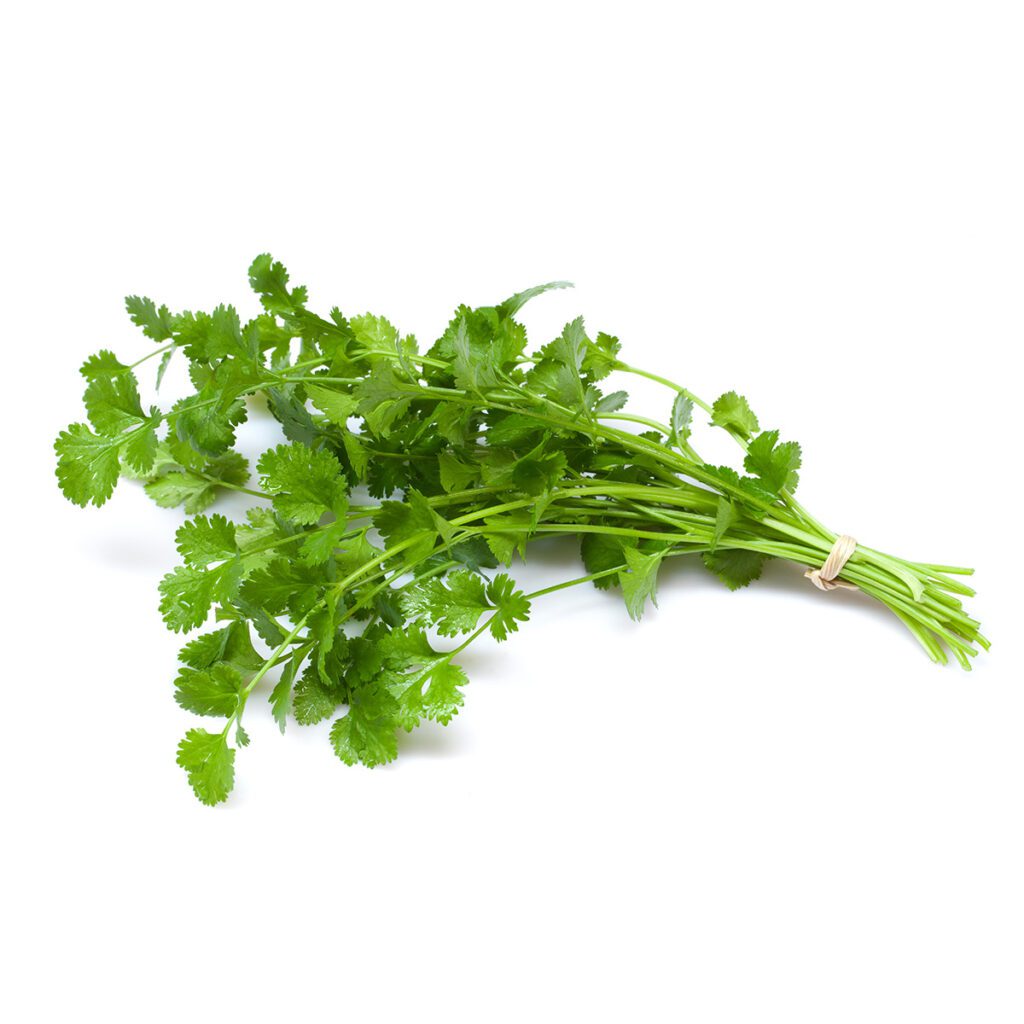

Cilantro (Coriander)
Why it’s good: It’s rich in vitamins (folic-acid, Vitamin-A, beta carotene and Vitamin-C) and minerals (potassium, calcium, manganese, iron, and magnesium).
How to use it: Add to salsa, guacamole, and soups or cook into couscous or quinoa
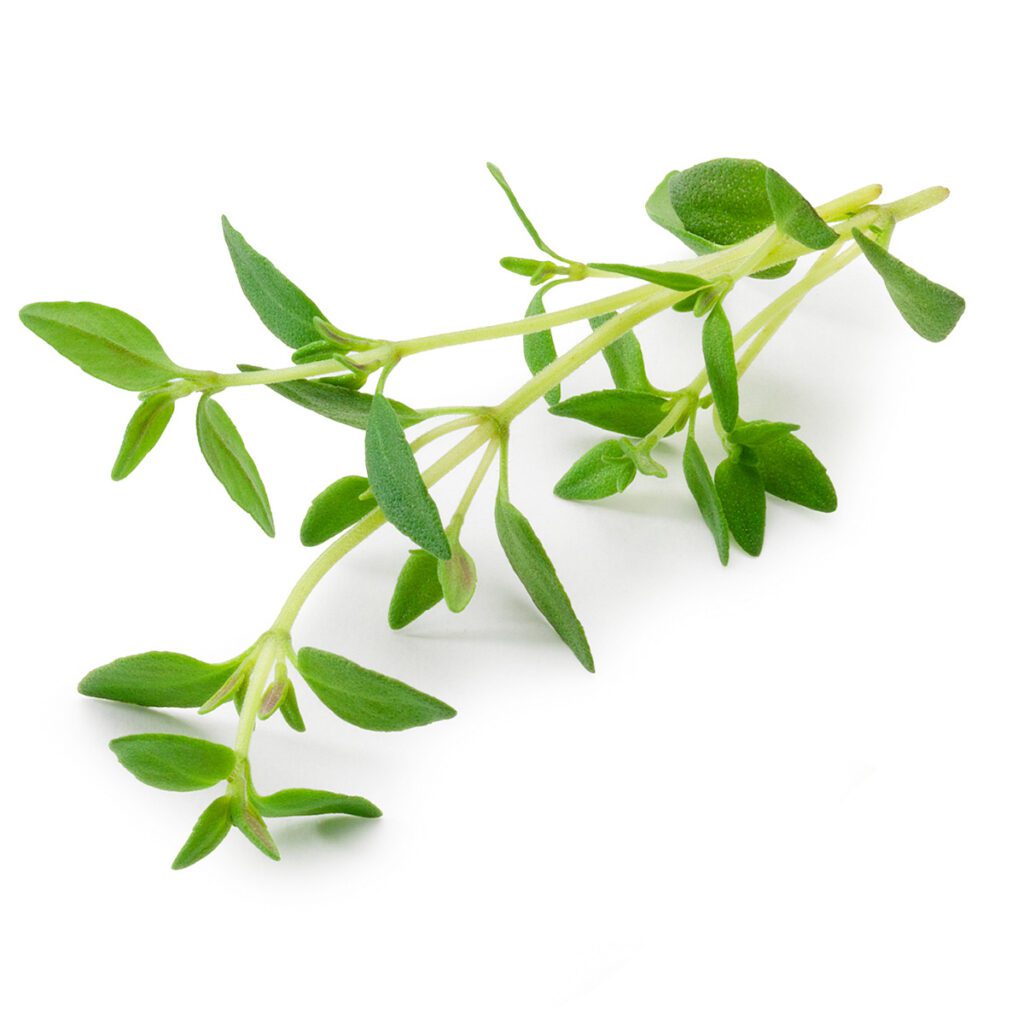

Thyme
Why it’s good: It contains antibacterial/immune-enhancing properties good for cold and flu season.
How to use it: Use it to flavor stews and soups, add to salad dressing, toss into meat-based dishes
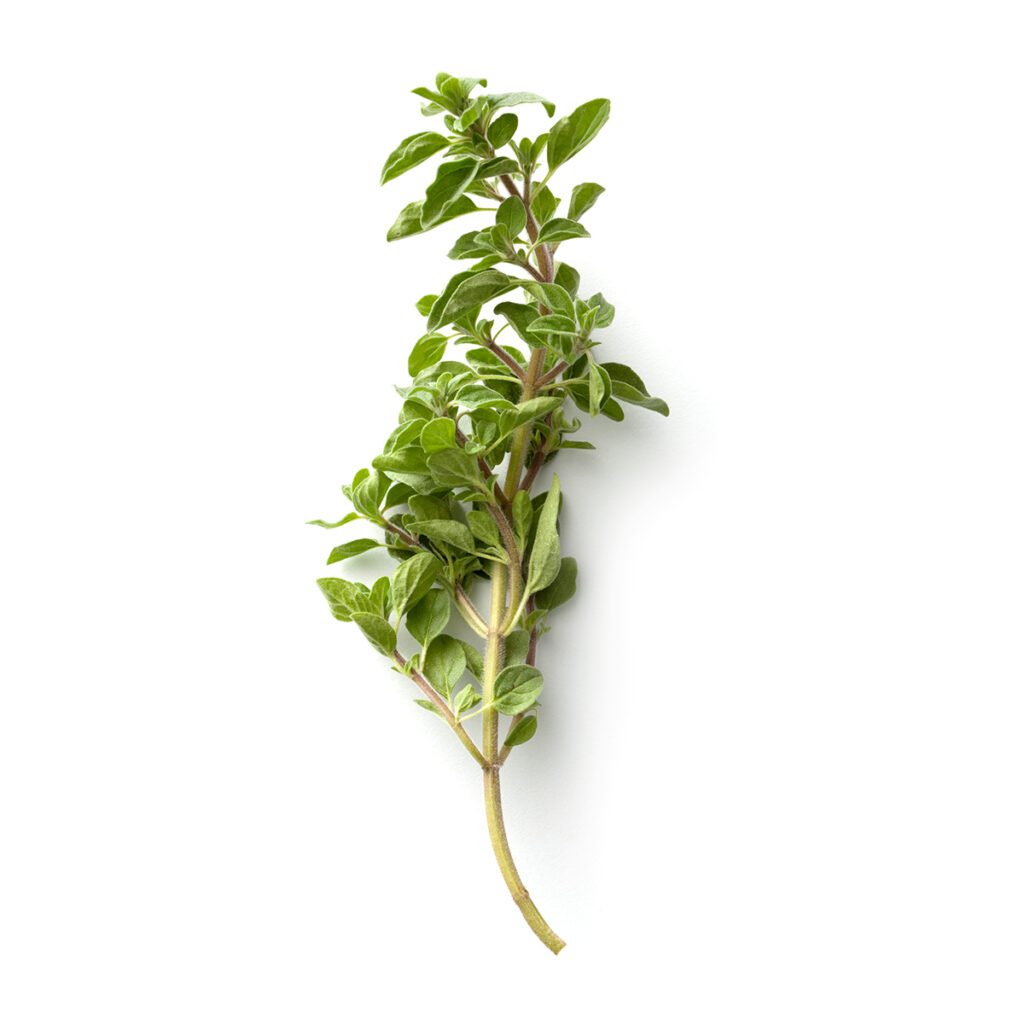

Oregano
Why it’s good: It’s rich in antioxidants (has highest activity of 27 fresh herbs, says the USDA), and is used for respiratory tract disorders because of its mucus-loosening properties.
How to use it: Use in any tomato-based foods (tomato soup, marinara sauce, pizza, etc.)

